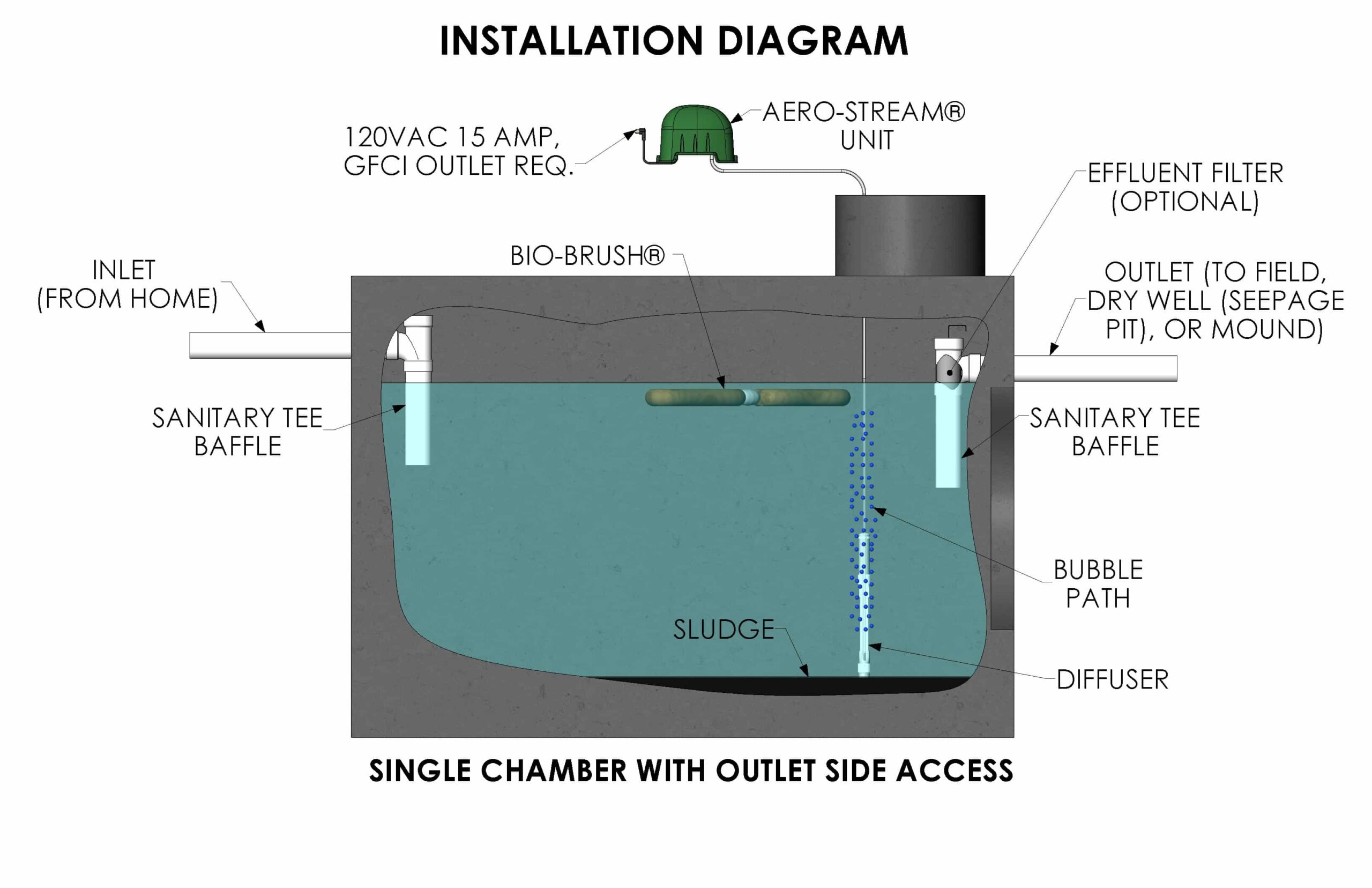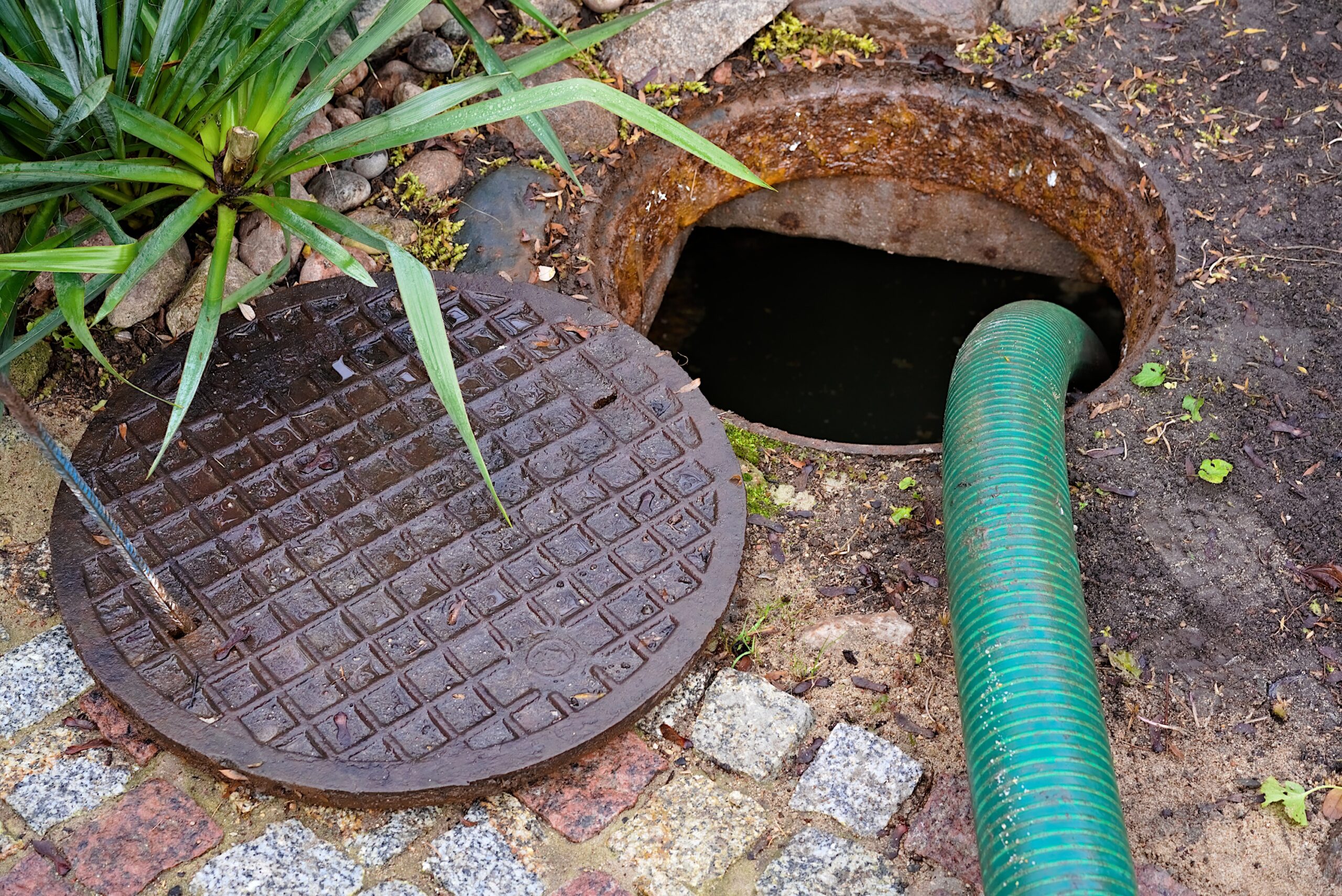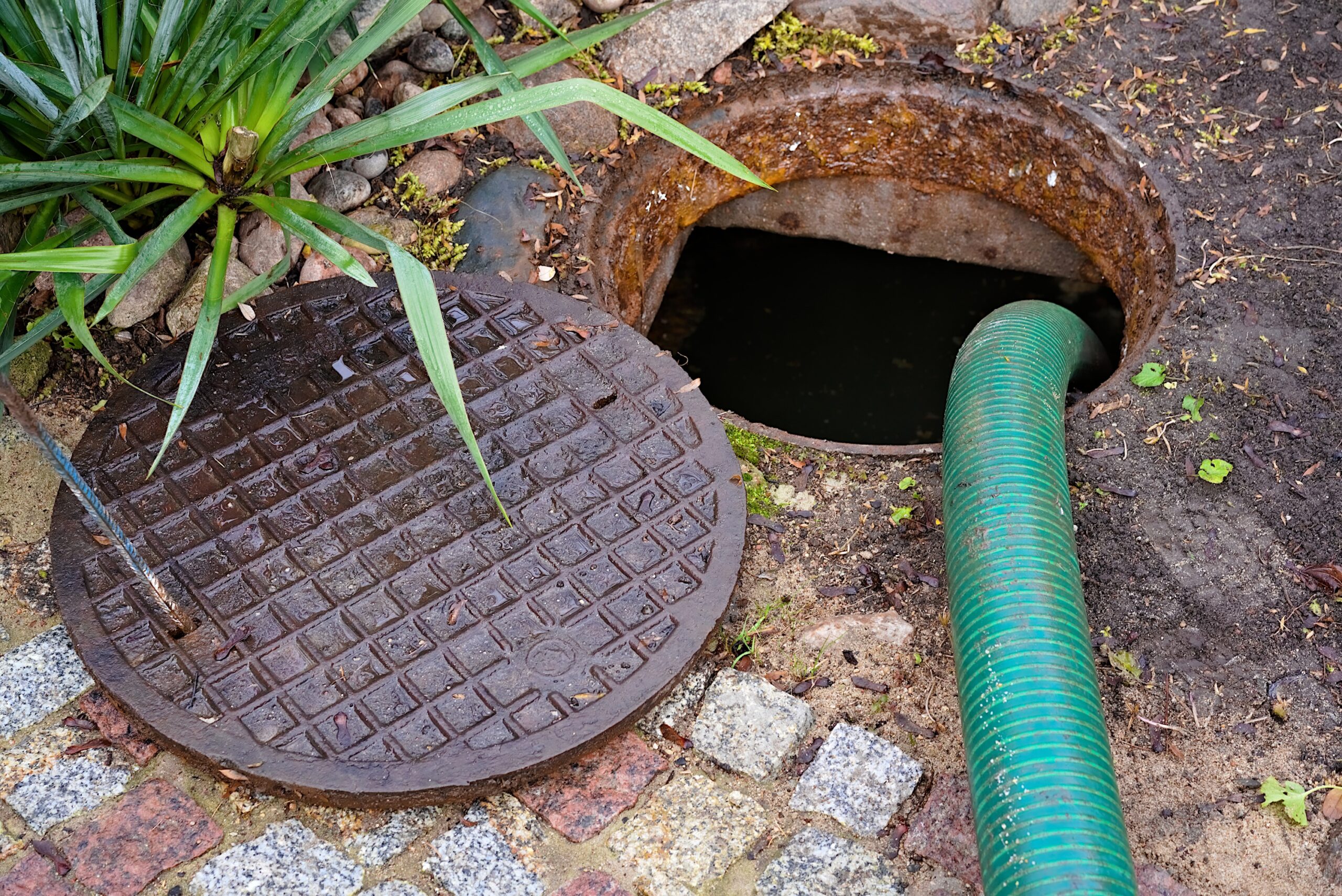Remember that you have a Septic System
Septic systems are often  overlooked and forgotten about by the average owner of a private septic. It’s usually when they start to hear their pipes gurgling or notice a backup in their shower or toilet that they start to investigate only to find out their septic system is failing. Boyle County homeowners are just some of the millions experiencing the signs of septic system problems. However, with the help of a grant program Boyle area residents are receiving the tools they need to care for their septic systems.
overlooked and forgotten about by the average owner of a private septic. It’s usually when they start to hear their pipes gurgling or notice a backup in their shower or toilet that they start to investigate only to find out their septic system is failing. Boyle County homeowners are just some of the millions experiencing the signs of septic system problems. However, with the help of a grant program Boyle area residents are receiving the tools they need to care for their septic systems.
Homeowners living in parts of Boyle County are becoming educated on proper septic system care and maintenance as a part of bigger goal to clean up the Dix River Watershed. This effort to clean up Kentucky’s most vital natural & historical resource comes after a University of Kentucky Water Research Institute study found that the areas water supplies were contaminated with fecal bacteria, 75% of which were of human origin.
Bluegrass Greensource, a central Kentucky based outreach program that provides free environmental education to the community, has set up septic system workshops for residents living along the Watershed line. These workshops give residents in the area the education they need to care for their septic systems properly and in turn will help reduce the amount of hazardous waste flowing into our water supplies.
Proper septic tank maintenance
“I’ve heard homeowners say, I’ve had my septic tank for 40 years and never pumped it out and it works good.’
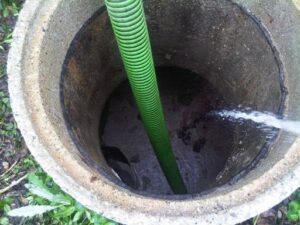
Pumping a septic tank
No, it doesn’t.” explains Boyle County Health Department Environmental Supervisor Dan Troutman. We agree with Troutman, if a homeowner forgoes routine checks such as pump outs or sealing the tank up properly they increase the likelihood for harmful pathogens to make their way into the ground water.
Not only is it important to get your tank pumped every 3- 5 years but it is also key for home owners to be aware of what they are putting down the drain. One good rule of thumb is, if you wouldn’t want to eat it, than your septic system shouldn’t have to either. Hair, feminine products, Q-Tips, grease, paint, food scraps, and additives can clog lines and destroy the good bacteria in your septic system.
However, even with basic maintenance people with private septic systems will eventually run into septic problems. “None of the systems we put in will last forever,” Troutman said. “It’s the anaerobic ground bacteria and other environmental factors that can ruin systems.” The anaerobic bacteria (or bacteria that live without oxygen) develop what is called a bio-mat which eventually clogs your drain field allowing sewage water to pool above ground.
What are my options with my failing septic system?
Many homeowners believe that the only option to fix their failing septic system is to replace it with a brand new one.
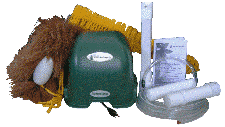
Septic Aerator
Now in some cases, there may be a collapsed septic tank or crushed drain-field line; those items would need to be taken care of in order for it to be mechanically sound. However, replacing your system will not address the main cause of failed septic systems which is the anaerobic bacteria. In 10 – 30 years after you’ve excavated your yard and spent thousands you will again begin to see the signs of septic problems.
The only way you can fully restore and maintain a septic system is by installing a controlled septic system aerator, like Aero-Stream’s. A controlled aerator induces oxygen rich (aerobic) bacteria into the tank which eats away at the bio-mat that has been failing the drain field. Not only does it eat away at the bio-mat but it also makes the effluent leaving the tank 90% cleaner! This is a huge advantage to our earth’s water supplies.
Imagine the positive impact the Dix River watershed could have if each homeowner just simply converted their system to a more efficient aerobic system. Without the need for costly replacement or excavation the homeowners would once again be able to enjoy one of the most beautiful natural resources Kentucky has to offer.
Portions of this article are paraphrased from The Advocate Messenger by Victoria Aldrich


